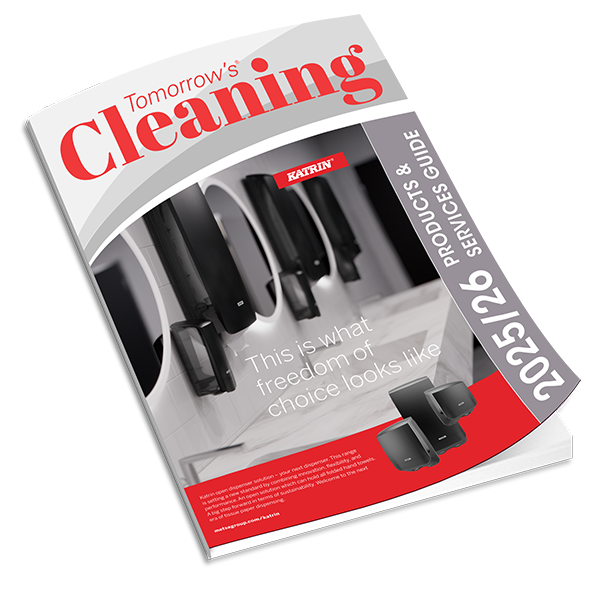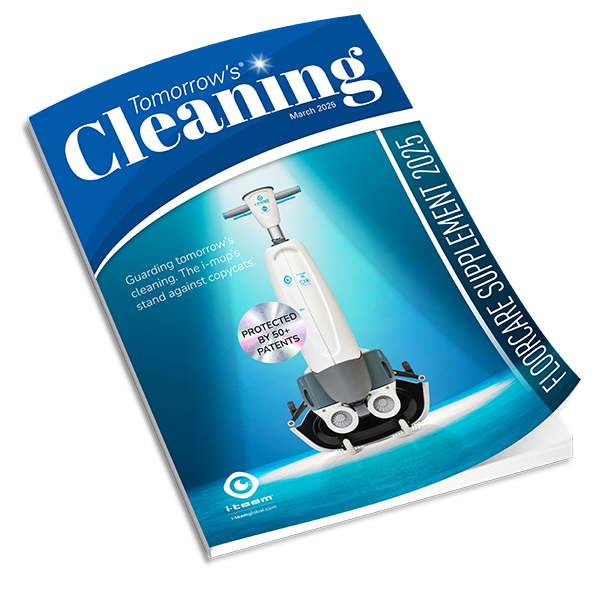Essity is investing €37m (roughly £33m) in technology that will enable the company to produce high quality hygiene tissue products from wheat straw.
This innovative process will offer major sustainability benefits since wheat straw is an agricultural by-product and renewable resource. It will come into effect in the second half of 2020 at Essity’s manufacturing plant in Mannheim, Germany, with the wheat straw being sourced from farms in and around Mannheim.
Kevin Starr, Essity’s UK Country Manager, said: “This process will enable Essity to replace some certified fresh wood fibre with renewable wheat straw. This will result in an environmental benefit as the process uses significantly less water and energy. Additionally, it transforms an unused agricultural by-product into a scalable new tissue fibre source.”
Essity has signed a license for exclusive rights with US-based Sustainable Fibre Technologies (SFT) that will give Essity access to SFT’s Phoenix Process. This technology converts plant-based renewable sources to pulp suitable for manufacturing tissue products.
Wheat straw is the term used to describe stalks left over after grain has been harvested from wheat. While some wheat straw is used as animal bedding or ground cover, around half of it worldwide goes to waste.
By-products from the production of pulp from wheat straw can be used for fertiliser and soil enhancement, providing a sustainable alternative to the petroleum used in synthetic products and creating a circular outcome.
Magnus Groth, Essity’s President and CEO, commented: “To support our sustainability ambitions we continuously assess new production methods. This is one example of how innovation can contribute to a sustainable and circular society.”
Tissue produced from wheat straw using the Phoenix Process is just as bright, soft and strong as tissue produced from fresh wood pulp. It will used both in consumer and professional tissue products.
Essity, one of the world’s largest tissue manufacturers and the world’s largest purchaser of fresh pulp, makes products for the consumer and professional hygiene segments. Around 60% of them are currently made from fresh wood fibre from certified sources while 40% from recycled fibre tissue.
Essity plans to reduce the environmental footprint of its products by 33% by 2030. The company’s expanded targets for carbon emissions have been approved by the Science Based Targets initiative that align with the Paris Agreement on reduction of climate impact.














































